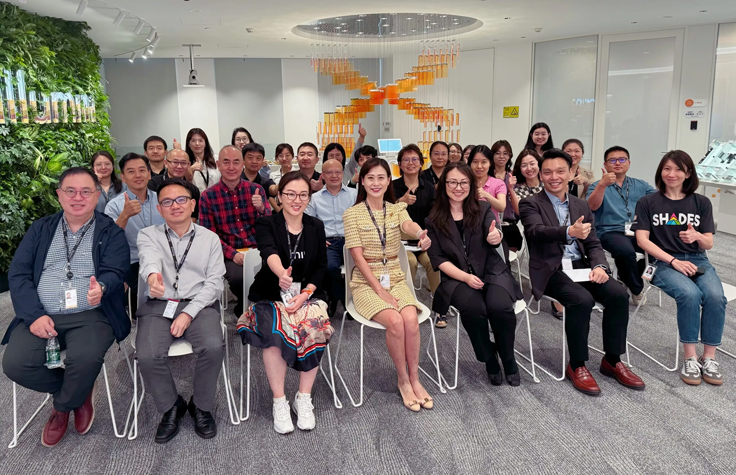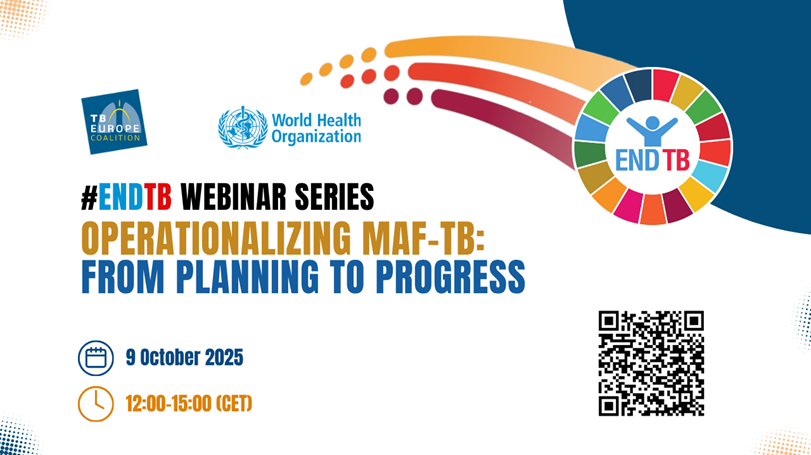China’s biopharmaceutical innovation is experiencing an unprecedented period of growth. Thanks to sustained policy support, capital investment, and expanding research capabilities, the country is rapidly increasing its reputation as a global hub of innovation. According to the WHO, in 2024 China ranked second in the world for number of registered clinical trials, and over the past decade, its new pharmaceutical and medical technology patents have nearly quadrupled.
Against this backdrop, the 28th Annual Meeting of the Chinese Society of Clinical Oncology (CSCO) was held this month in Jinan, Shandong Province. As one of the most influential academic platforms in the field, CSCO has become a key venue for showcasing China’s oncology research to the world, and this year’s meeting shined a spotlight on the latest advances in cancer prevention, diagnosis, and treatment across both research and clinical practice.
Partnering with leading experts in oncology, molecular pathology, and drug development, Illumina hosted a special session at the conference that facilitated in-depth exchanges on biomarker applications in solid tumors, cancer drug innovation, and precision medicine in the Guangdong–Hong Kong–Macao Greater Bay Area.
Advances in next-generation sequencing and multiomics
Cancer therapy is undergoing a profound transformation, as subtypes are increasingly defined on a molecular basis rather than on organs or histology. With advances in next-generation sequencing (NGS), researchers can now integrate genomic, transcriptomic, proteomic, and other layers of biological information to achieve a comprehensive view of tumors. Large-scale genomics and multiomics projects are also enriching our understanding of cancer initiation and progression, opening new possibilities for precise tumor classification and translational research.
Professor Zhang Xuchao of Guangdong Provincial People’s Hospital noted that “NGS and multiomics, as core tools in the life sciences, are enabling us to more precisely identify disease drivers and transition from single-target to multi-biomarker-driven approaches. By analyzing diseases at the molecular level, we can trace their evolutionary pathways, identify potential therapeutic targets, and accelerate the translation of scientific discoveries into clinical applications.”
From the frontiers of research to clinical practice
As clinical practice increasingly adopts NGS, improving the accessibility and efficiency of precision oncology remains a top priority for clinicians. Comprehensive genomic profiling (CGP) is a core tool for detecting cancer biomarkers and enabling a thorough analysis of genomic alterations in tumors. It helps identify variants linked to disease progression and drug sensitivity, significantly improving the accuracy of targeted therapy matching.
“China urgently needs breast cancer clinical research that is more tailored to local populations,” said Professor Cao Wenming of Zhejiang Cancer Hospital. “Systematic and highly sensitive genomics testing can guide clinical practice, significantly improve patient outcomes, and open up new therapeutic pathways.”
Professor Song Wei, director of Clinical Genomics and Molecular Pathology at UC San Diego Health, shared, “I’m deeply focused on advancing in-house genomics testing to help pathologists in classifying tumors more rapidly. CGP assays provide streamlined end-to-end workflow and integrated analytics, delivering rapid, high-quality results that meet the dual demands of speed and accuracy for in-house testing. By building local projects and databases, we are also advancing real-world research, using data to enhance both accessibility and clinical value of precision medicine.”
As NGS and multiomics technologies generate large-scale datasets, Illumina is empowering deeper analyses through bioinformatics software and AI. Recently, the UK Biobank identified 1.5 billion variants from nearly 500,000 whole genomes with Illumina software. The dataset was published in Nature and is now openly accessible to pharmaceutical partners worldwide.
Synergy between research and medicine
In China, multiomics, AI, and other advanced tools are increasingly embedded across the cancer care continuum. During a live discussion at the CSCO meeting, Professor Gao Chenyan, leading scientist at Changping Laboratory, emphasized that clinical research is a key driver of innovative drug development and the optimization of treatment pathways. Professor Ma Jun, director of the Harbin Institute of Hematology and Oncology (HIHO), elaborated: “Hematologic tumors are highly heterogeneous. Cutting-edge technologies such as NGS have greatly enhanced our ability to monitor tumor heterogeneity. NGS-based ctDNA assays offer high specificity and sensitivity, making them reliable tools for detecting minimal residual disease in B-cell lymphoma and for assessing treatment response. Driving innovation in cancer diagnosis and treatment requires close collaboration across research, clinical practice, and industry—all for the benefit of patients.”
A “pilot-first” model for innovation
The Guangdong–Hong Kong–Macao Greater Bay Area (GBA) has become an important bridge for introducing innovative diagnostic and therapeutic solutions into mainland China, thanks to a Hong Kong Department of Health measure announced in November 2020. By June 2025, the measure had covered 45 designated hospitals, introduced 51 drugs and 63 devices, and benefited tens of thousands of patients in the GBA.
Kang Wei, former managing director of the R&D-Based Pharmaceutical Association Committee, noted that “China has become an important source of drug innovation, with growing impact in international clinical trials. GBA’s biopharmaceutical industry is uniquely positioned to leverage the measure, offering an open window for applying innovative medical resources. This has attracted leading global partners to explore practical solutions and accelerate the translation of new drugs and devices from bench to bedside.”
Illumina continues to invest in research and clinical solutions to expand advanced tumor profiling and meet diverse biomarker testing needs. In August 2024, the FDA approved TruSight Oncology Comprehensive, the first United States FDA–approved distributable comprehensive genomic profiling in vitro diagnostic with pan-cancer companion diagnostic claims.
Au Siu Kie, a professor at the Hong Kong Integrated Oncology Centre and coauthor of the JCO Precision Oncology paper “Consensus Statements on Precision Oncology in the China Greater Bay Area,” also spoke about how the measure, and expert consensus, are transforming cancer care: “This year, FDA-approved products such as TSO Comprehensive are expected to become available in Hong Kong, expanding access to advanced CGP options for patients.” He added that this broadens the reach of precision medicine and helps improve the affordability of internationally approved therapies under local reimbursement systems, “which ultimately benefits more patients.”
Deepening local innovation
Illumina continues to expand local investment and strengthen customer service and support in China. As of this June, the registration of certain Illumina products by its commercial partner Berry Genomics enabled high-throughput clinical sequencing for applications in genetic disease, reproductive health, and oncology. This year, Illumina also launched its Beijing Customer Engagement Center and its official e-commerce platform on WeChat, creating a full-channel service ecosystem.
Jenny Zheng, global senior vice president and the company’s general manager of Greater China, said: “We will work hand in hand with experts at home and abroad to accelerate translation of scientific discoveries, ensuring that cutting-edge technologies truly benefit patients. As oncology research in China continues to deepen and innovative technologies gain wider adoption, the synergistic development of NGS and multiomics, combined with our localization strategy, will contribute China’s wisdom and solutions to global cancer prevention and treatment.”









